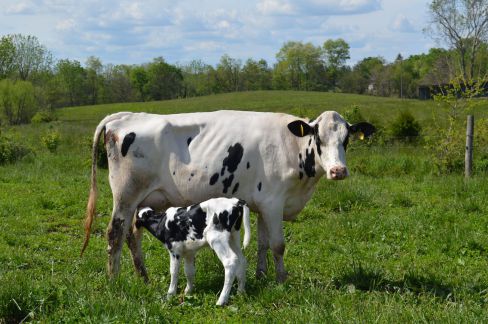
Protect Our Plants this Winter
January 6, 2023
Fill Out Your 2022 Ag Census
January 9, 2023$2 Million Available in Conservation Grants

ANNAPOLIS, MD (December 21, 2022) – The Maryland Department of Agriculture (MDA) has announced that an additional $2 million in conservation assistance is now available to help livestock farmers install best management practices on their farms to manage manure more efficiently and protect water quality in local waterways and the Chesapeake Bay. Farmers in the following counties may apply for this assistance: Allegany, Baltimore, Carroll, Cecil, Frederick, Garrett, Harford, and Washington. These counties have high concentrations of dairy and livestock operations in Maryland.
This funding is provided as part of a 5-year Regional Conservation Partnership Program (RCPP) agreement awarded in 2020 by the U.S. Department of Agriculture (USDA) Natural Resources Conservation Service (NRCS). Maryland’s RCPP proposal was developed to help the state meet its agricultural nutrient reduction goals by providing farmers with additional resources to improve their management of manure.
The application period is now open and runs through January 20, 2023. Conservation practices funded by this agreement include stream protection and barnyard management practices that improve water quality.
Stream protection practices eligible for funding:
- Livestock exclusion fencing to keep animals out of streams;
- Livestock stream crossings;
- Alternative water facilities for livestock; AND
- Riparian forest buffers planted next to streams to control erosion and nutrient runoff.
Barnyard best management practices eligible for funding:
- Animal waste storage facilities;
- Livestock heavy-use areas to improve mud and manure management;
- Roof runoff structures to safely convey rainwater runoff away from the barnyard area; AND
- Roofs and covers installed over waste management facilities.
Maryland farmers are encouraged to contact their local soil conservation district as soon as possible to get projects evaluated and ranked following NRCS standards. Visit MDA’s website for additional information on conservation programs.

